So, it looks like you’ve caught the diving bug. And not just that — you want to make your growing passion for the underwater world “official” by getting certified, which, by the way, is mandatory if you want to go beyond a simple try dive. But where should you start? Don’t worry, we’ve all been there. You’re probably spending hours researching forums, videos, and social media posts. And the first thing you realize (to your dismay) is that there are tons of different certifications. So, the big question: what is the best scuba diving certification?
In this guide, we’ll explain the most well-known certifications, their differences, pros and cons, and a few tips to make your first step into diving an epic one. Now, regarding that question — there isn’t a single answer. In fact, we dare say there isn’t a “better” certification. What really makes the difference is the diving school where you get it.
Contents
The most popular scuba diving certifications
There are several organizations that offer globally recognized certifications. Here’s a rundown of the most well-known ones:
PADI (Professional Association of Diving Instructors)
Probably the most widely known and the one that certifies the most divers worldwide. If you’ve ever seen a “Learn to dive here” sign, it was likely from PADI. This U.S.-based organization has certified millions of divers around the globe.
Advantages:
- Global presence: you can find PADI centers almost anywhere in the world.
- Very visual and intuitive learning materials.
- Online courses available.
Disadvantages:
- Some consider it more “commercial” than others.
- Usually a bit more expensive than other options.
SSI (Scuba Schools International)
PADI’s direct competitor. More and more dive centers are offering SSI certifications for their flexibility and educational approach. In fact, at DPM Diving, we certify with SSI because we love their smooth communication and personalized support.
Advantages:
- Free app and digital learning materials.
- Flexible teaching options for instructors.
- Excellent mobile app that keeps your digital dive log.
Disadvantages:
- Slightly less presence in some countries (though growing fast).
NAUI (National Association of Underwater Instructors)
A classic, especially in the United States. It has a more technical and academic approach. Many instructors prefer it for its “quality over quantity” philosophy.
Advantages:
- Strong, detailed training.
- Highly respected in the technical and professional diving world.
Disadvantages:
- Fewer NAUI centers compared to PADI or SSI.
- More traditional learning materials (less digital).
Other recognized certifications
- CMAS: Very common in Europe, supported by national federations.
- IANTD and TDI/SDI: More focused on technical diving (deep, cave, or rebreather diving).
- RAID, BSAC, NASE, etc.: Other valid and internationally recognized organizations, though less common.
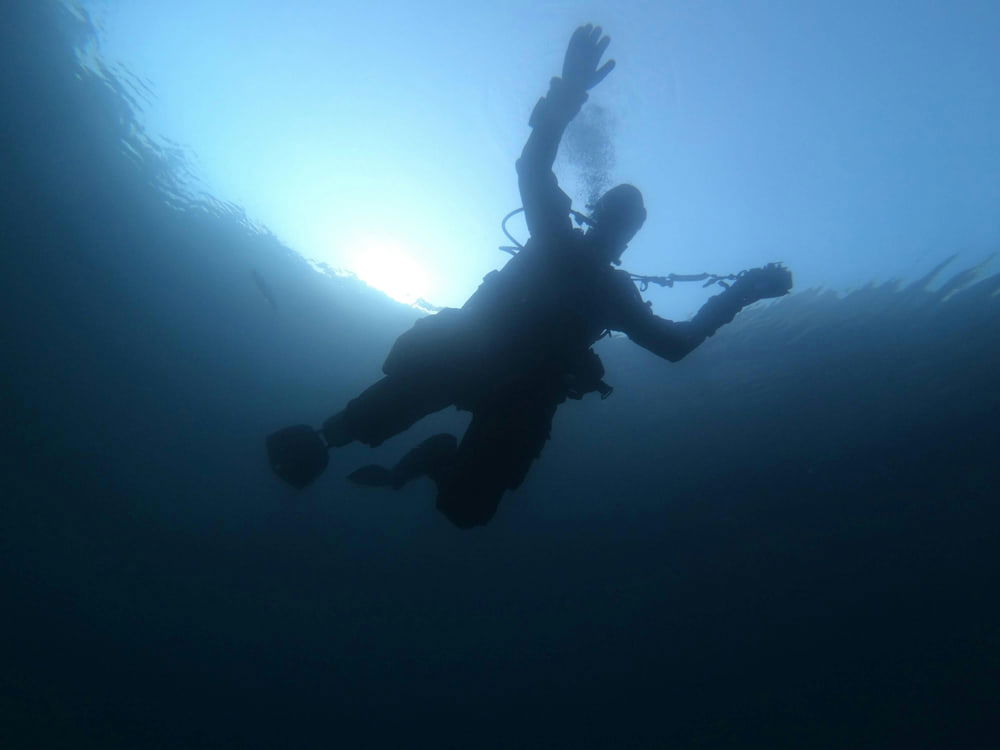
Advantages and disadvantages of each certification
We’re not here to sell you a random ranking, because there’s no objective “best.” It largely depends on the diver’s experience and the school. For example, at DPM Diving, we trust SSI. In many cases, the choice comes down to the destination, the type of diving, or even the instructor’s teaching style. But to help you compare, here’s a quick summary:
| Certification | Advantages | Disadvantages |
| PADI | Global presence, attractive materials, online courses | More expensive, commercial focus |
| SSI | Free app, flexibility, affordable prices | Less known in some areas |
| NAUI | Strong technical training, good reputation | Limited availability outside the U.S. |
| CMAS | Sports-oriented, strong presence in Europe | Less popular in Asia or the Americas |
| TDI/IANTD | Ideal for technical diving | Not suitable for beginners |
The key takeaway from all this is that all of them are valid and internationally recognized. Your decision is not final or limiting in any way.
Which scuba diving certification should you choose?
The right choice depends on several factors. Here are some key questions to help you think it through:
- Where do you want to dive? In popular destinations like Thailand or Mexico, you’ll find both PADI and SSI centers with no problem.
- What kind of diver do you want to be? Vacation diver? Enthusiast? Future instructor? Wreck or cave explorer?
- Do you prefer digital or traditional learning? Some certifications use modern apps and online materials, others stick to books.
- How much do you want to invest? Some include materials in the price, others charge separately.
Our advice: choose the dive center that inspires the most confidence, and let them guide you toward the certification they work with best. A great dive school is worth far more than any logo. Check their Google reviews to see how other divers describe their experience.
Tips for starting your diving adventure
- Try a Discover Scuba experience before committing to a full course. It’ll help you know if diving is really for you (though you’ll probably get hooked after your first plunge!).
- Check reviews of both the dive center and instructor. Good vibes are key to learning comfortably.
- Don’t stress about the theory. Everyone starts out wondering what on earth a “BCD” or a “no-decompression table” is!
- Get good dive insurance. It’s inexpensive and gives you peace of mind.
- Enjoy the process. Your first course is just the beginning of an incredible journey.
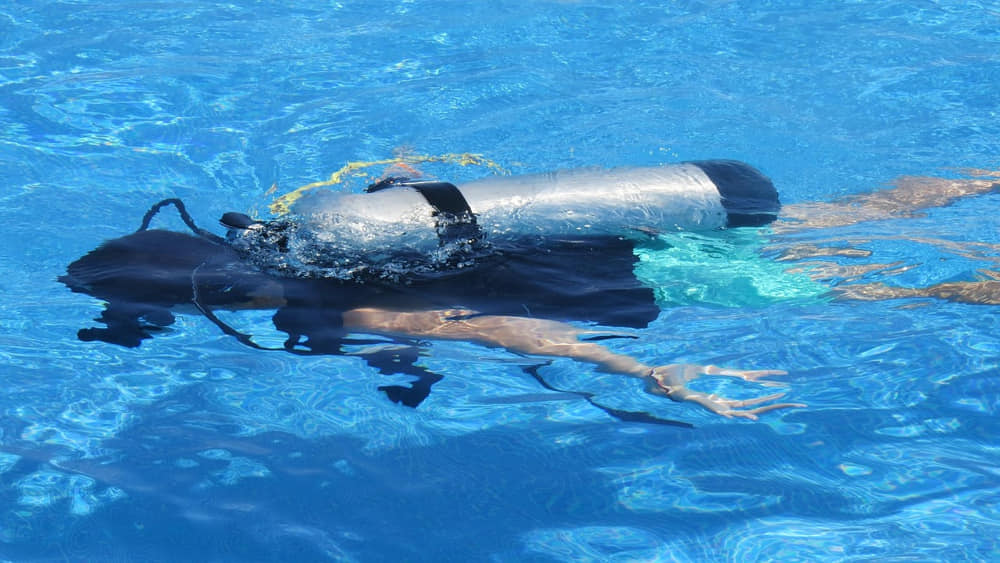
FAQs
What’s the minimum certification to dive?
Most agencies offer a basic certification called Open Water Diver (PADI, SSI, etc.). With this course, you can dive up to 18 meters (60 feet) deep, accompanied by another diver, under normal recreational conditions.
Can I switch from one certification agency to another later?
Of course! Certifications are equivalent between agencies. For example, you can do your Open Water with PADI and then your Advanced with SSI, or the other way around. Just make sure to check equivalencies and prerequisites.
Which certification is best for technical or cave diving?
That’s where agencies like TDI, IANTD, or RAID come in — they specialize in technical, deep, and overhead environment diving. These are advanced programs that require prior experience, but if that world excites you, it’s the logical next step.
In summary
As we mentioned at the start, there’s no single “best” certification — it depends on your preferences and goals. PADI, SSI, NAUI, CMAS, RAID… all of them will help you achieve your objective: earning your certification and gaining the knowledge you need to dive safely and independently.
We believe the training center — the dive school and the instructor who guides you through the process, both in theory and in practice — matters far more than the certification agency itself. That’s what truly makes the difference.

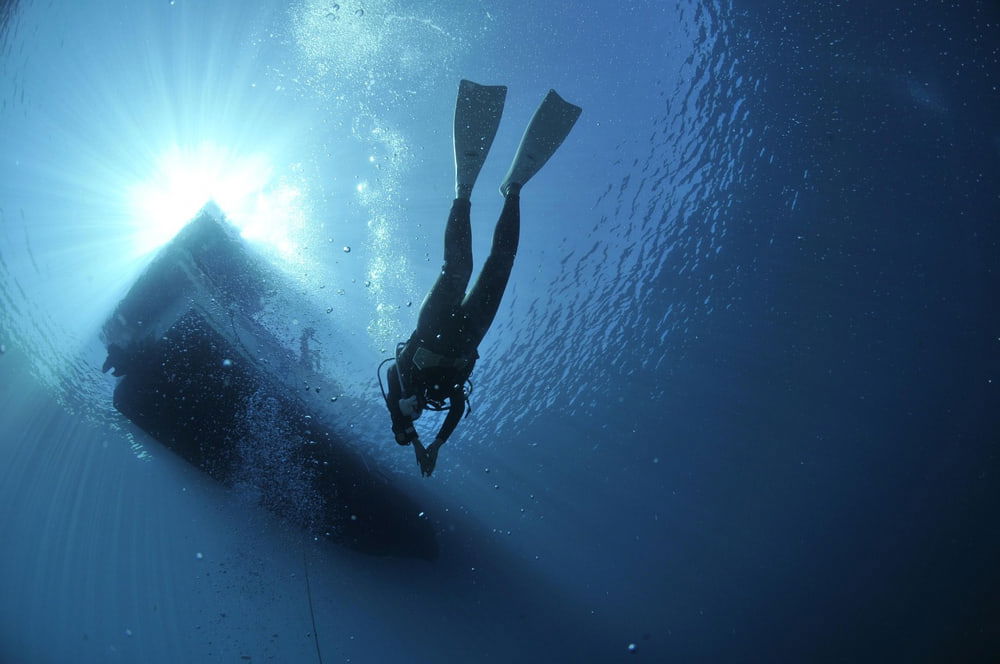






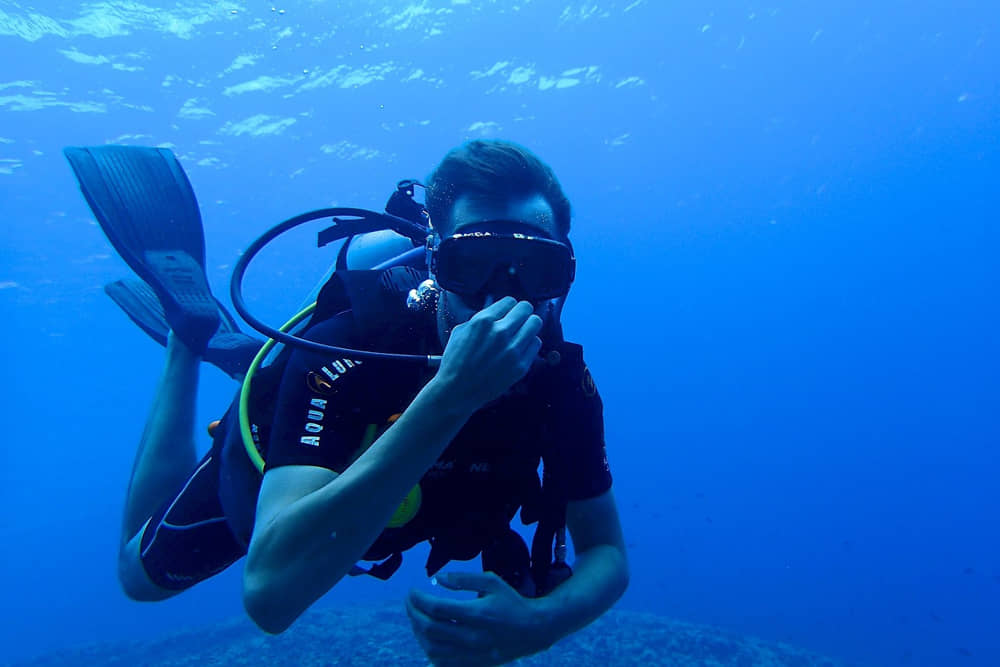
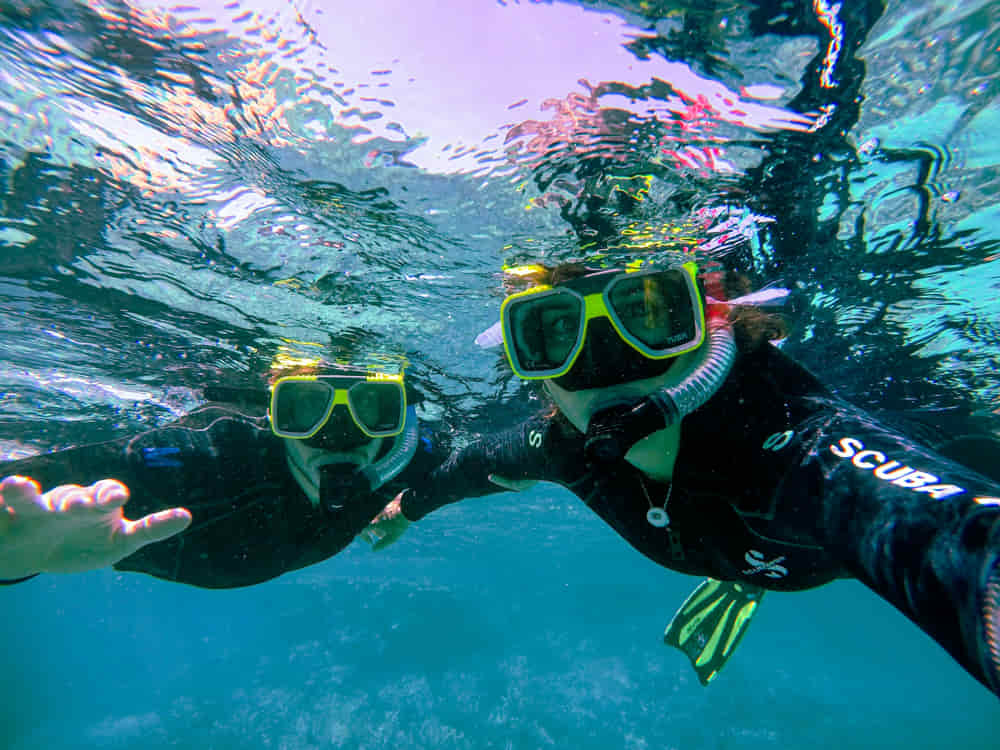
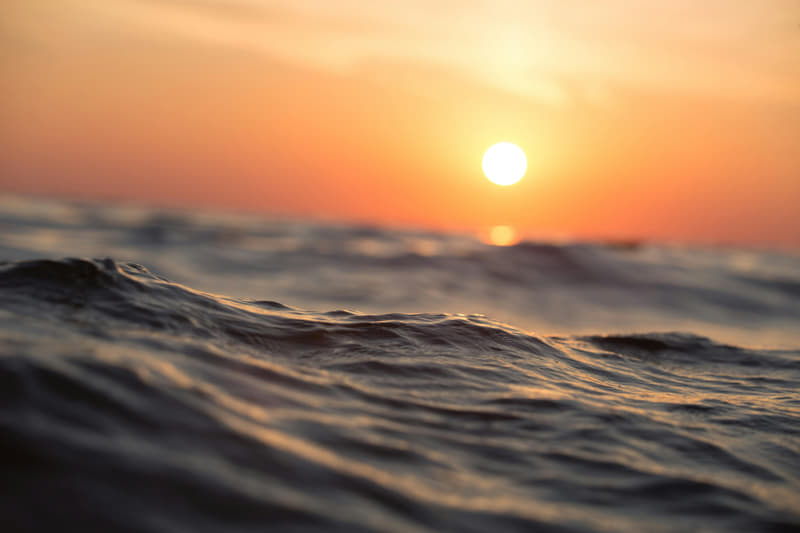

0 Comments